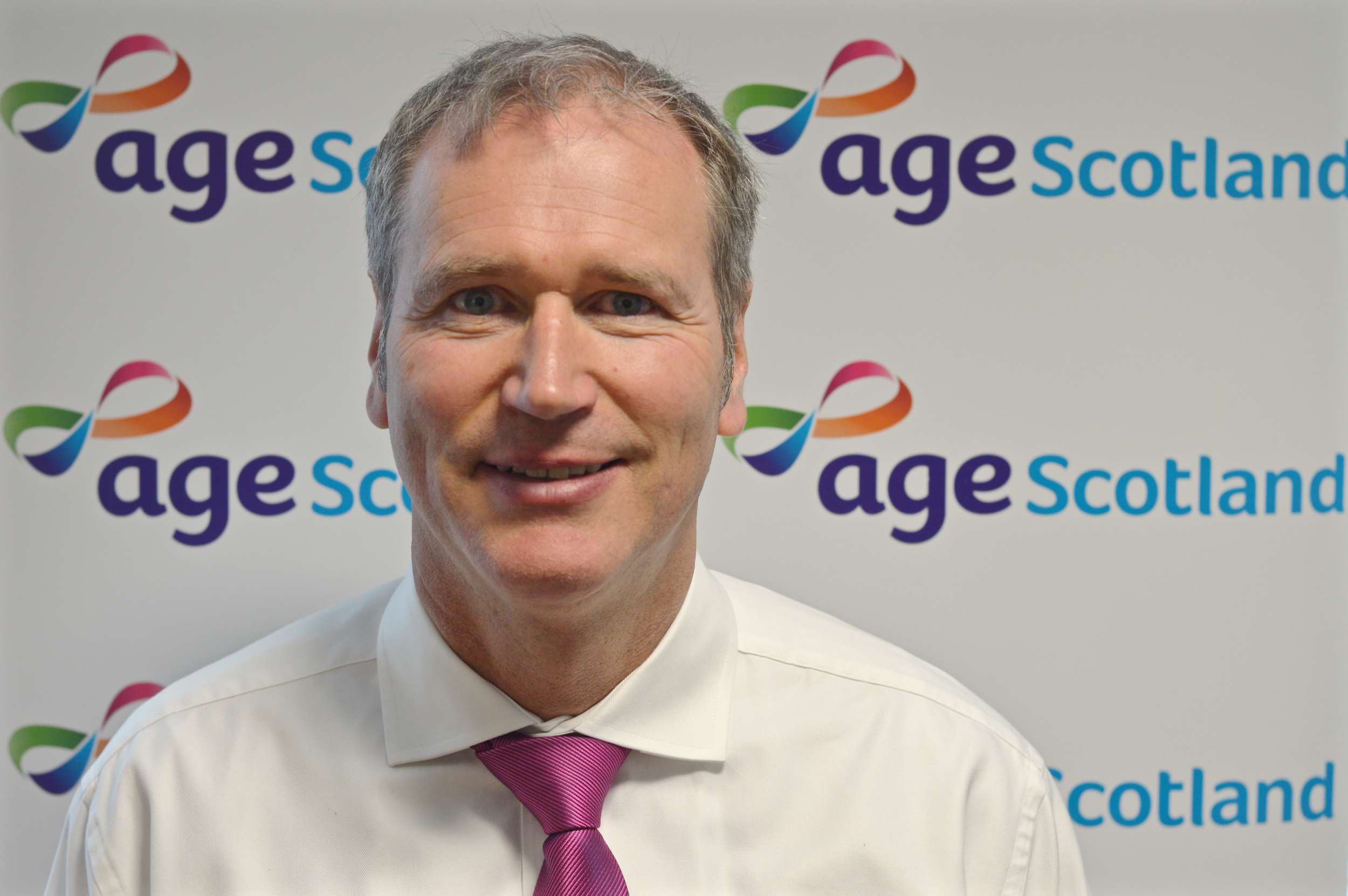Government guidance issued to providers in supported living during the pandemic has ‘often seemed illogical and contradictory’, the chief executive of Dimensions UK has told a group of MPs.
In the first 100 days of the pandemic, the provider received, on average, one piece of advice each day. ‘That’s a lot of information to receive, interpret, communicate to our 7,000 staff on the frontline, and often the guidance would change a few days later,’ Steve Scown told a joint committee inquiry.
‘The guidance has often made sense, has often seemed illogical and contradictory. It’s changed very frequently and we’ve had to work incredibly hard to help our staff keep on top of it.’
Members of the health and social care and science and technology committees were told information throughout the pandemic had been focused on large, registered care homes for older people and therefore supported living was ‘consistently weeks’ behind.
Scown, who called for more asking and listening from decisionmakers, said the supported living sector was still waiting for regular testing. ‘There has been a consistent lag throughout this pandemic between different types of services and that has placed providers, of all sorts, in a very difficult position,’ he said.
Dimensions is a not-for-profit organisation providing support for people with learning disabilities, autism, challenging behaviour and complex needs. It supports around 4,000 people and their families throughout England and Wales.
Discussing struggles people with learning disabilities faced, such as accessing NHS and GP appointments, Scown pointed out 43 people that Dimensions supports had been admitted to hospital but no staff or family could accompany them, leading to their treatment being more difficult. ‘We have to admit that people with learning disabilities are not valued members of society,’ he said.
In October, the Care Quality Commission said it would be carrying out a review into how do not attempt resuscitation (DNAR) orders were used during the pandemic. Scown said DNARs placed on people it supported without any meaningful conversation with families, or other professionals, was ‘frankly disgraceful’.
James O’Rourke, a family carer who was also giving evidence to the joint inquiry ‘Coronavirus: lesson learnt’, said tens of thousands of families had been denied access to their loved ones during the pandemic in what he described as ‘really quite inhumane practices by care providers’.
Responding to the evidence, joint committee chair Jeremy Hunt, said: ‘What we’ve seen is a very clear picture of people with learning disabilities at the back of the queue behind people in care homes who’ve had a lot of national attention. They, in turn, have complained about being at the back of the queue behind the needs of the NHS. But I think we’ve focused rightly on the issues facing people with learning disabilities.’








 ©2024 All rights reserved LaingBuisson
©2024 All rights reserved LaingBuisson 


